I am writing this in a cabin somewhere in the middle of the Icelandic countryside. I just ate breakfast with a group of Dutch tourists, who ask to join me after seeing my rainbow pin on my backpack. "We hear that it's not so good for queer people in the U.S. right now," they ask. "Is that true?" I laugh a little and explain that my son, who is transgender, also happens to have been born in the Netherlands, and I admit to lately sometimes fantasizing about going back. We talk about the various attacks on the LGBTQ+ community and how that impacts transgender youth.
They do a poor job of hiding their disgust, but I suspect they also think I am exaggerating when I describe it as an "all-out war" on transgender people, with trans kids as the biggest casualties. I wish I were exaggerating. I wish it every day.
We are about a week away from an event that still seems very surreal to me. The U.S. Supreme Court will hear arguments about whether or not it's legal to fire an employee for being gay or trans. I know it's a little more complex than that, but for me the issue is clear: Can my transgender son legally be denied employment for being his authentic self?
My new friends are stunned. "This is America in 2019?" they ask. "Surely the judges won't let that happen?" I explain that these last two and a half years have seen a takeover of our courts by conservative judges and that the current composition of SCOTUS -- with Neil Gorsuch and Brett Kavanaugh on the bench -- does not offer much faith that equality will prevail. I describe the sinking feeling when I think about the implications of a ruling against us -- I am also queer -- and in particular for my son. He is away at college and doing his best to carve out a future for himself in history and museum studies. What if, after years of hard work, he lands his dream job only to meet resistance from a transphobic boss?
I explain that the stakes are high and that it feels like we are on the precipice right now. I tell them I have a knot in my stomach, and one of them softly pats my hand in concern.
The conversation is one I've grown accustomed to having with well-meaning strangers since January 2017: explaining the increasing violence against the LGBTQ+ community under the current administration and that trans women of color are targeted in particular. As the rhetoric used to dehumanize people by this administration contributes to increasing hate, I often worry when my son is with his boyfriend. Are they safe together on the streets, or will they also be victims? Even his sleepy little college town has seen an increase in acts of anti-LGBTQ+ hate.
Even if he is safe walking down the sidewalks, it doesn't mean he is in other areas of his life. Healthcare is often provided in the U.S. by an individual's employer, and losing a job can mean losing coverage as well. The struggle for affordable, trans-affirming healthcare is much bigger than this court case, but if the ruling -- which is expected in the spring -- goes against us, then lives will certainly be at risk.
But losing the right to employment won't just mean forgoing the only health coverage many trans Americans can get, as states like Iowa roll back trans inclusions in their Medicaid programs. It would also be devastating for those without supportive parents, or those who struggle to get by as it is. "There is no welfare net for folks in the U.S.," I tell my new friends, "so it's not dramatic to say that already marginalized people will die." With more than 40 percent of homeless youth identifying as LGBTQ+, I feel acutely aware of the privilege we have as a middle class white family and how a SCOTUS ruling against equality will disproportionately impact others less fortunate.
I feel sad and a deep desire to protect my son, even though he is now an adult. Should I tell him to only look for jobs in states that have enumerated protections? Thirty states don't offer full protections against discrimination, an alarmingly high number. What if the work he wants to do is located in one of those states?
At this point, the Dutch tourists who have increasingly grown incensed and enraged while I speak ask me why I stay in the U.S., given the likelihood of a future where who you love and who you are could be grounds for termination. "My son grew up there," I say. "It's all he knows." I look out across the Icelandic countryside, suddenly missing home. "We brought our family to the U.S. because it's supposed to be the land of opportunity. When I became a U.S. citizen, I swore to defend the right for all to be equal. We might have the privilege to leave, but we also have the obligation to be part of the struggle. That includes fighting for the right of my son to live his best life."
The silence in the breakfast room is broken by a German woman. "My niece is transgender," she tells me. "Your son deserves the same life as she does regardless of where he lives."
I agree. I hope the Supreme Court will, too.
Nicola is a queer British/Dutch/American and lives near Washington, D.C. She is the proud mother of two boys, both of whom are queer rights activists.
RELATED | If You're LGBTQ+ and Don't Know About October 8th, Pay Attention







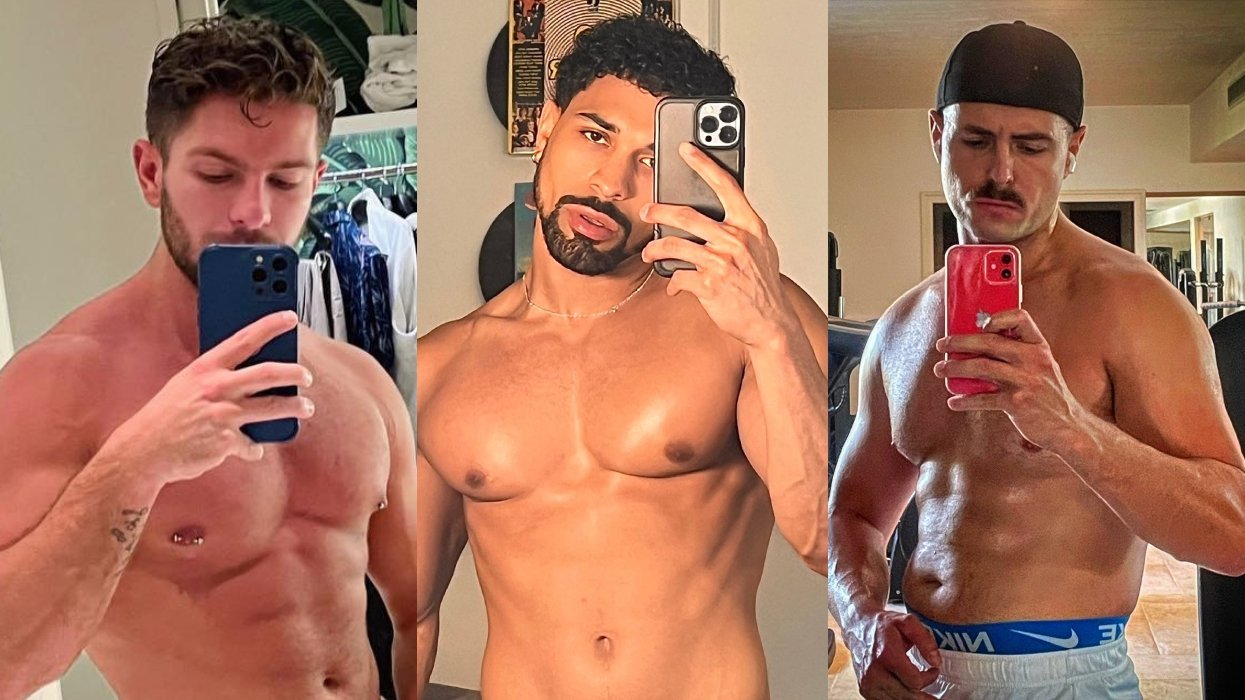














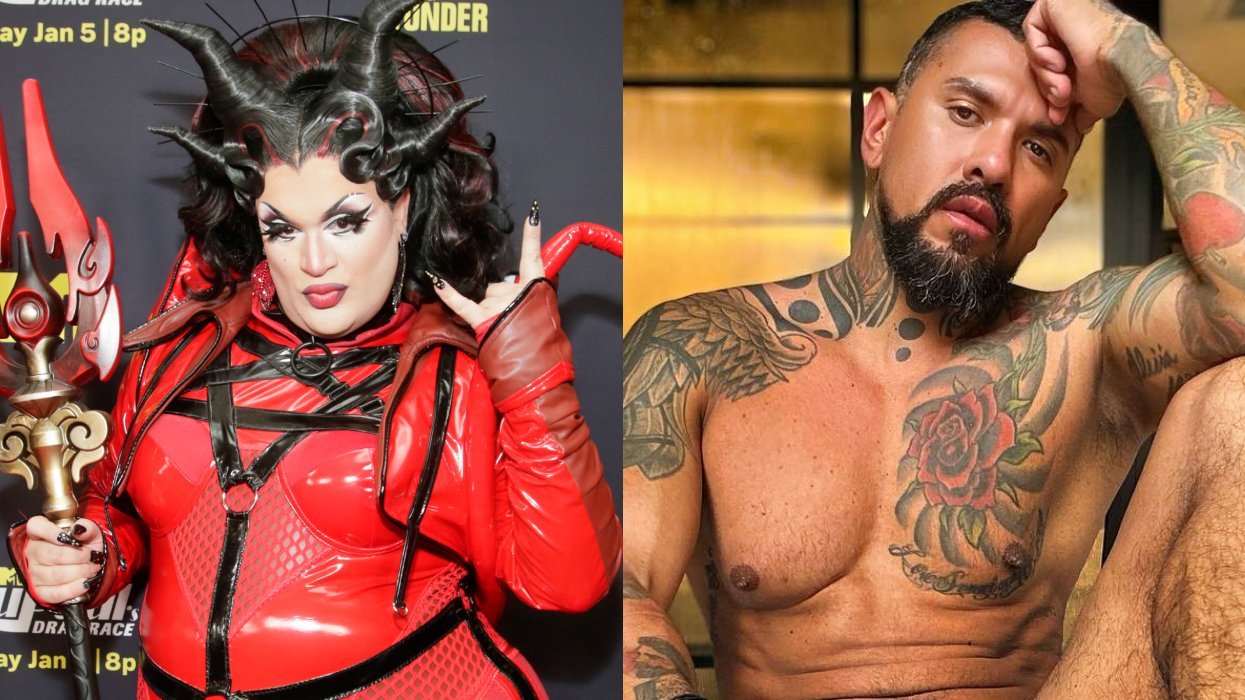









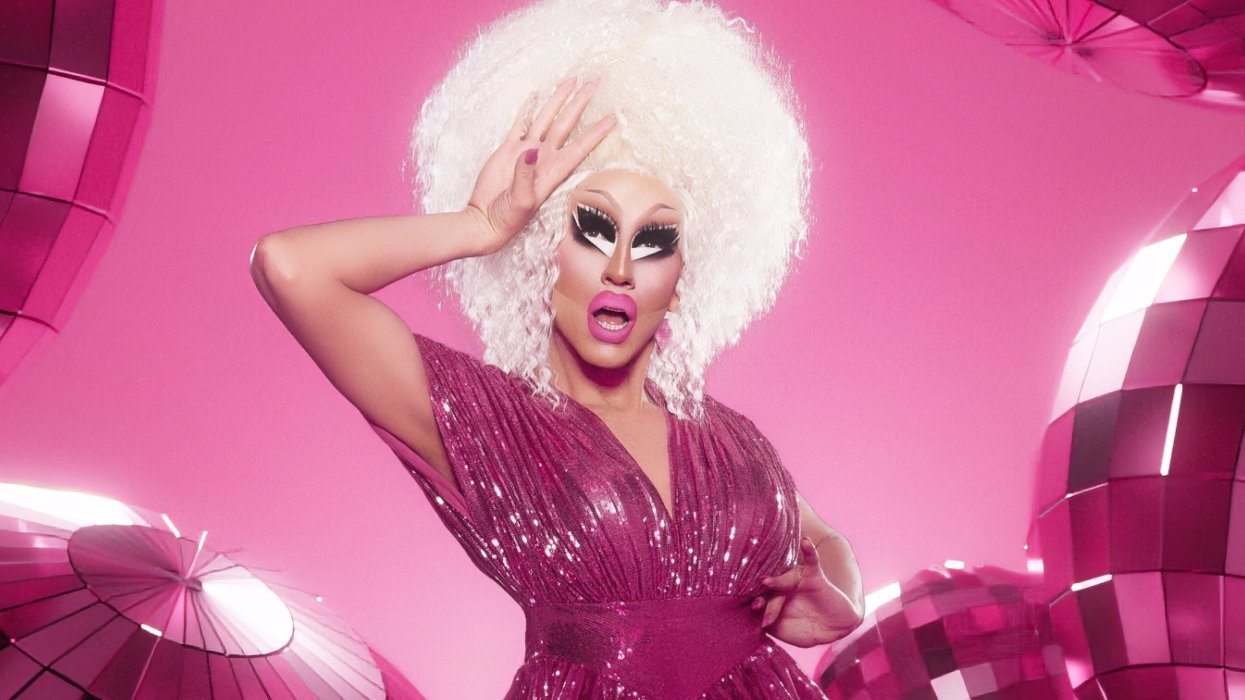




































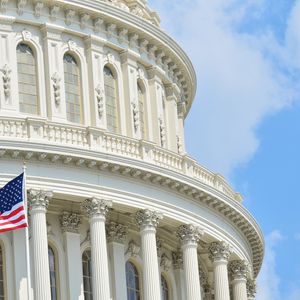



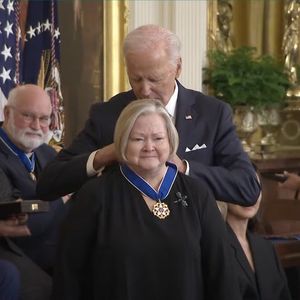



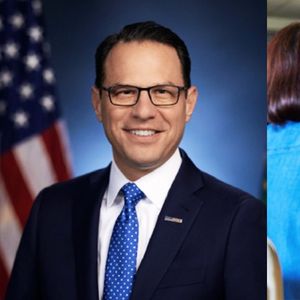





My Son Is Trans. The Supreme Court Is About to Debate His Future
October 8 is a big day for families like mine.